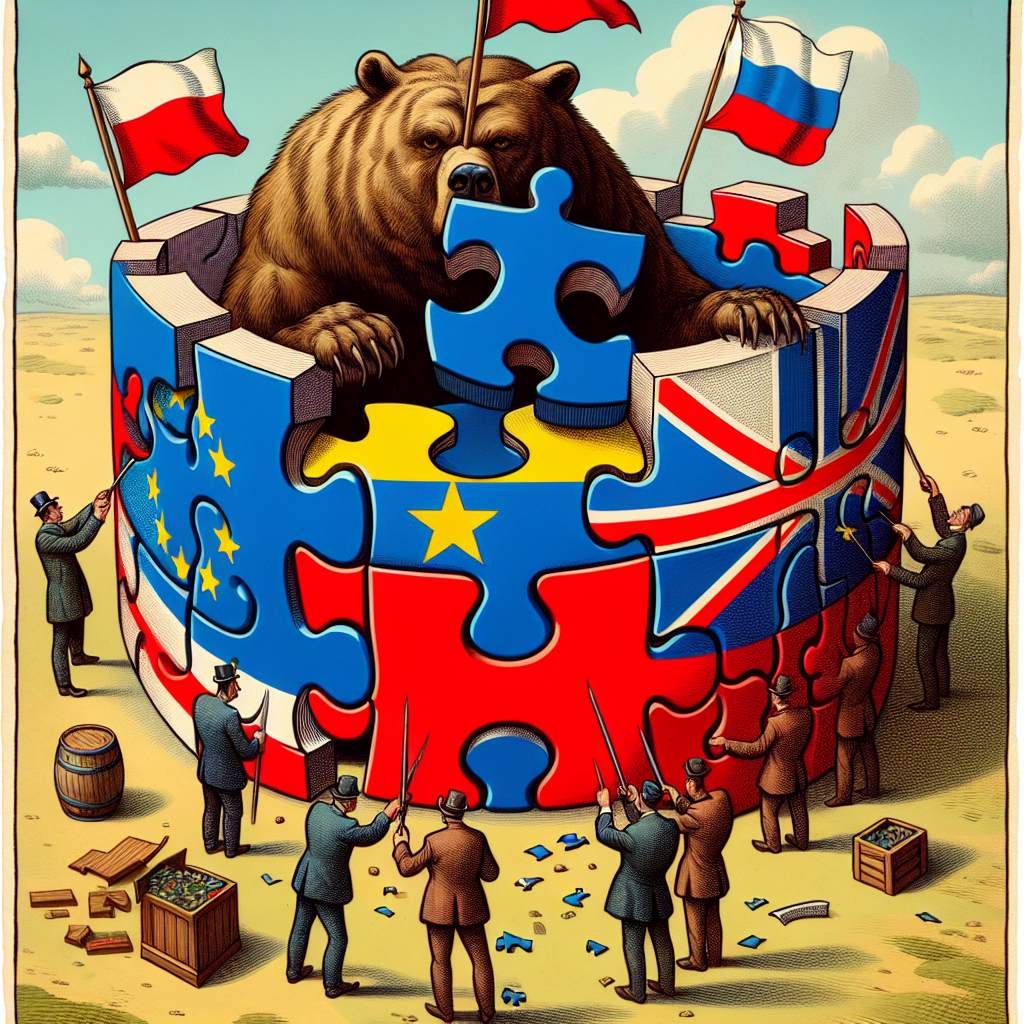EU Faces Internal Disagreement on Seizing Russian Assets – Kremlin
EU Faces Internal Disagreement on Seizing Russian Assets
Background
The European Union is currently grappling with internal disagreements regarding the potential seizure of Russian assets. This issue has gained prominence amid ongoing geopolitical tensions and the EU’s efforts to respond to Russia’s actions in Ukraine.
Key Points of Contention
- Legal Challenges: Some EU member states are concerned about the legal ramifications of seizing Russian assets, fearing potential violations of international law.
- Economic Implications: There is apprehension about the economic fallout, particularly the impact on European economies that have significant financial ties with Russia.
- Political Divisions: The EU is divided on the political strategy, with some countries advocating for a hardline approach while others call for more diplomatic solutions.
Kremlin’s Response
The Kremlin has criticized the EU’s discussions on asset seizure, viewing it as an aggressive move that could further strain relations. Russian officials have warned of potential retaliatory measures if such actions are taken.
Potential Outcomes
- Unified EU Stance: A consensus could lead to a coordinated EU policy, potentially increasing pressure on Russia.
- Continued Disagreement: Ongoing divisions may hinder the EU’s ability to implement effective measures, weakening its geopolitical influence.
- Impact on EU-Russia Relations: Any decision to seize assets could escalate tensions, affecting diplomatic and economic interactions.
Conclusion
The EU’s internal disagreement over seizing Russian assets highlights the complex interplay of legal, economic, and political factors at play. As the bloc navigates these challenges, the outcome will significantly influence its future relations with Russia and its role on the global stage.

































